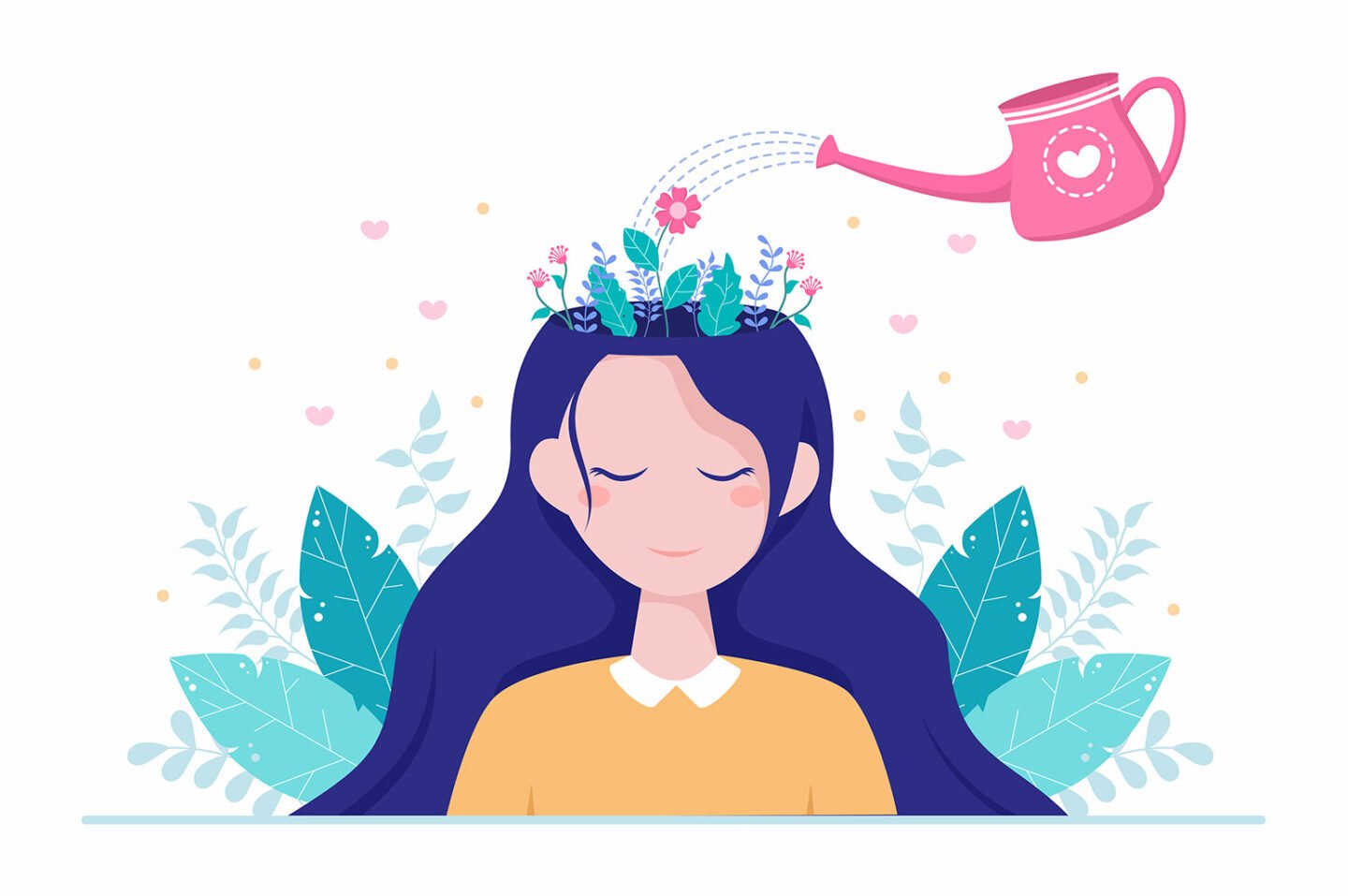Mental health is often viewed as a taboo topic, and people are often reluctant to seek help for their mental health issues. However, this does nothing but harm the individual in question. Not only can untreated mental illness lead to more severe problems in the future, but it can also harm one’s day-to-day life.
To help those living with mental health issues, here are six ways to tackle them head-on and improve your lifestyle significantly, whether in Denver or any other city.

Get professional help
The first step to tackling mental health issues is to get professional help. This can be in the form of therapy, medication, or both. It’s important to find a mental health professional that you trust and feel comfortable with, as this will make it easier to open up and work on your issues.
The therapist can help you understand your thoughts and feelings, and the medication can help stabilize your mood. They can also suggest a Denver mental health clinic if you need more specialized care. For instance, if you’re struggling with anxiety or depression caused by substance abuse or if you have a history of trauma, some clinics specialize in those areas.
Join a support group
Another great way to tackle mental health issues is to join a support group, which can be an invaluable resource, as it allows you to meet other people who are going through similar experiences. In a support group, you can share your struggles and successes, and learn from others who have been through what you’re going through.
Additionally, being around others who understand what you’re going through can help reduce feelings of isolation and loneliness, which are common among those with mental health issues.
Engage in self-care
Self-care is extremely important for those with mental health issues. Taking care of yourself both physically and mentally means eating a nutritious diet, getting enough sleep, and exercising regularly. It also means taking breaks when you need them and doing things that make you happy.
For some people, self-care also includes practices like meditation or journaling, which can help calm the mind and ease anxiety. If you’re not sure what kinds of self-care activities would be helpful for you, talk to your mental health professional about them.
On the other hand, avoid using substances as a form of self-care, as this can lead to addiction and make mental health problems worse.
Create a routine
Having a daily routine can be helpful for those with mental health issues, as it can provide structure and stability. A routine can help to reduce anxiety and depression, and it can also make it easier to stick to healthy habits like eating well and exercising.
Creating a routine doesn’t have to be complicated; it can simply involve waking up at the same time each day, making time for breakfast, and including some form of physical activity in your day. Once you have a basic routine down, you can add or remove activities as needed.
Additionally, try to stick to the same bedtime each night, as this can help improve sleep quality.
Avoid negative people and situations
Negative people and situations can make mental health problems worse, so it’s important to avoid them if possible. If certain people in your life are always bringing you down, limit your time with them or cut them out of your life altogether.
You should also avoid situations that trigger negative emotions, such as watching the news or scrolling through social media. If there are certain topics that you know will upset you, avoid them altogether.
Additionally, try to surround yourself with positive people and situations as much as possible. This can help improve your mood and make it easier to cope with stress.
Find a hobby or activity that you enjoy
Doing things that you enjoy can be a great way to relax and unwind, which is important for those with mental health issues. It can also help to distract you from negative thoughts and improve your mood.
There are many different hobbies and activities that you can enjoy, including hiking, biking, painting, listening to music, and reading. You can also try volunteering, as helping others can be a great way to boost your mood and feel good about yourself.
In Conclusion
Mental health issues can be difficult to deal with, but there are many things that you can do to make life easier. The six tips provided are just a starting point, and you may need to try different things until you find what works best for you.
If you’re struggling, don’t hesitate to reach out for help from friends, family members, or professionals. Remember that you’re not alone in this and that there is support available.
